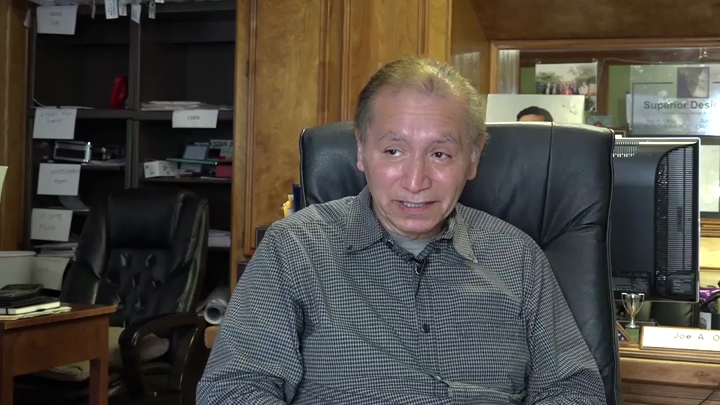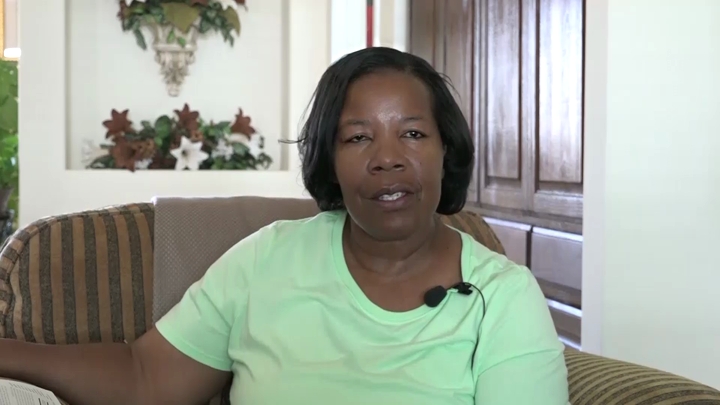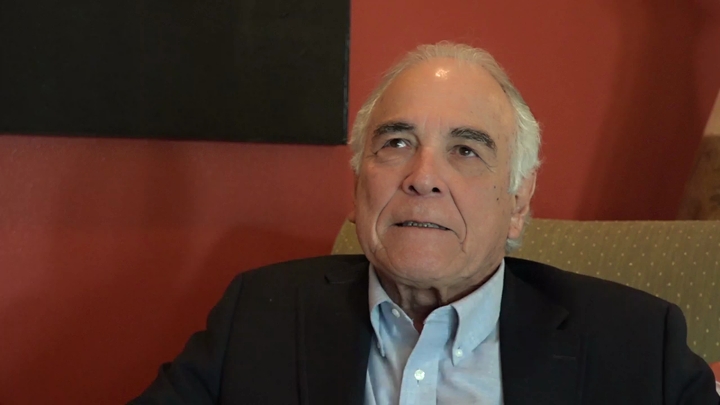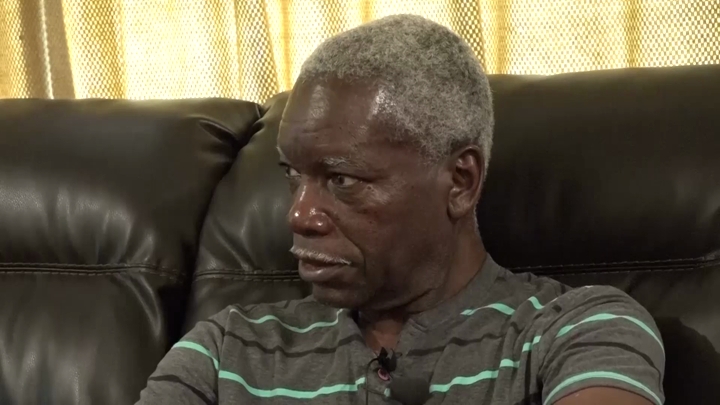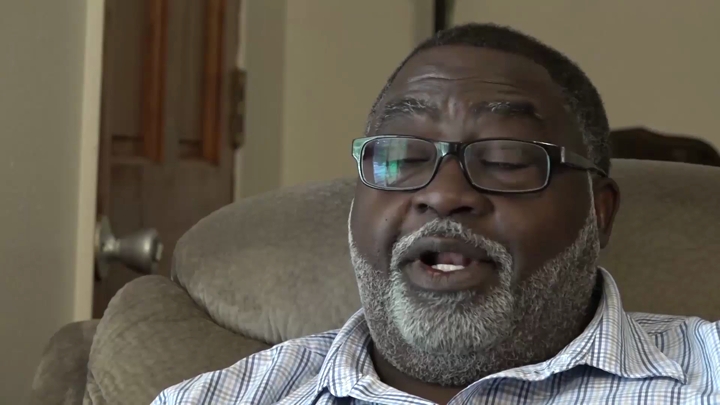Payne / Work Experiences and Cultural Experiences
sign up or sign in to add/edit transcript
Payne: Then I went to D.C. and it was kind of a culture shock because I get to D.C. and it was nothing but black people. Interviewer: What year did you go to D.C.? Payne: In 1989. I worked for Congressman Bill Layman out of Dade County, Florida and I worked on the Hill and it wasn’t anything but black people. I was in a culture shock because I’m sitting here going—I remember calling my mom and said, “Mom, there are black people everywhere,” and she goes, “Well, yeah baby, it’s D.C.” I’m like “No, they run everything!” Like, in Port Arthur, you go to the bank, the tellers were black, but the loan officers were white. The stores, the cashiers were black, but the managers were white. I went to D.C. and everybody was black. The loan officers were black. The stores, the cashiers were black, but the managers were white. I went to D.C. Everybody was black. The loan officers were black. The managers were black. I was like “Mom, there are black people everywhere and they’re in charge.” She was like “Okay.” I’m like, “No, no, wait until you get up here. You’ve got to see it. It’s a lot of black people here.” She was like, “You grew up with black people.” “Yeah, but these black people are in charge and they own the stuff.” It was really my first time seeing black ownership. We fought so much for black admission. Now I’m experiencing black ownership and I’m going this is where it’s happening. We’re no longer beggars and borrowers. We’re lenders and I’m saying this is where I’m talking about. I almost didn’t want to come home because I was so happy to see that we had ownership. Then I decided to come back to Houston and go to law school and things kind of changed from there. I mean, you’re sitting in an office where this law firm has been open since 1969 and until I got here in 1995, there were no licensed black lawyers. There were no Hispanic, Vietnamese—it was lily-white. It was not necessarily—and I knew it when I came here, I knew this was not necessarily the most liberal firm or at least had been told to me it was not the most liberal firm. They invited me to come and I came back. I came home. My thing was, it will always stay lily-white unless somebody comes in and changes it. So, when I first came here it was me and another legal assistant and the cook. That was it. This whole office, of all the people here, there was three black folks. It was different. Obviously, something I had not been used to, but for me to walk into the courtroom and the judges are saying—"I’m with Provost Umphrey.” “You’re with who?” “I’m with Provost Umphrey.” “Oh okay.” They didn’t even know how to receive me. I would—I remember even being here, one of the partners, we were riding back from Houston and he didn’t even know what station to put his radio on. I was sitting there, and I laughed because he turned the radio off because he didn’t know what station to put his radio on. I’m going you’re so stupid. That’s in my mind. I just wanted to go I don’t mind. You can listen to whatever you want to listen to. I’m OK. I probably know the song, but he didn’t know. He was so—he had never been exposed to people like me or people of color. He didn’t know how to deal with me. He literally turned the radio—we drove from Houston, an hour and a half, with no music on, in total silence because he didn’t know what station to put the radio on. I’m going that’s stupid. You’re stupid. So, that’s where we are now. Interviewer: So, having these experiences being, oftentimes being the only black person in a room or in a certain position? [video cuts away momentarily] Payne: That’s how I see it because when you’re the only one in the room and you make a comment and they assume that that comment is because you have some racial purpose. No, it’s not a racial purpose or a racial sensitivity. It is a fact. The fact that you think it’s a racial sensitivity issue tells me that you and I don’t speak the same language. Let’s be realistic. There are cultural differences. I don’t deny that at all. We have overcome a lot but there are still some divisions that are out there that will not change. Well, I shouldn’t say will not change, but certainly have not changed, in my lifetime. I would have never anticipated having a black president. I would have never participated that. Even after I met him, I didn’t think he was going to win. I’m going, you know, I’m supporting you but you’re just never going to win the presidency. Until he won Ohio. When he won Ohio, you know what, he’s got a shot. Don’t know how, but he’s got a shot. He won’t win Jefferson county. He will not win the East Texas vote, but, you know, we’re going to lose Texas, but he could win, you know, you know. Then, all of the sudden, he won. I remember watching when Hillary Clinton conceded the Democratic primary to Obama. Everybody was trying to have a watch parties. I didn’t want to have a watch party. I wanted to see—I wanted to experience that because I never envisioned that happening. It did. So, I think as we move generation to generation, there’s a chance that we can get better, but I think unless we expose the reality of what’s going on, that there are divisions, and just deal with them, we’re never going to get there.
| Interview | Interview with James Payne |
| Subjects | Work |
| Work › Occupations | |
| Work › Black-Owned Businesses | |
| Electoral Politics › Democratic Party | |
| Ideology › Liberalism | |
| People › Obama, Barack | |
| Tags | sign up or sign in to add/edit tags |
| Interview date | 2016-06-16 |
| Interview source | CRBB Summer 2016 |
| Interviewees | Payne, James |
| Interviewers | Grevious, Danielle |
| Locations | Houston, TX |
| Texas, USA | |
| Port Arthur, TX | |
| Jefferson County, TX | |
| Duration | 00:06:17 |
| Citation | "Work Experiences and Cultural Experiences," from James Payne oral history interview with Danielle Grevious, June 16, 2016, Beaumont, Civil Rights in Black and Brown Interview Database, https://crbb.tcu.edu/clips/3162/work-experiences-and-cultural-experiences, accessed February 13, 2026 |


